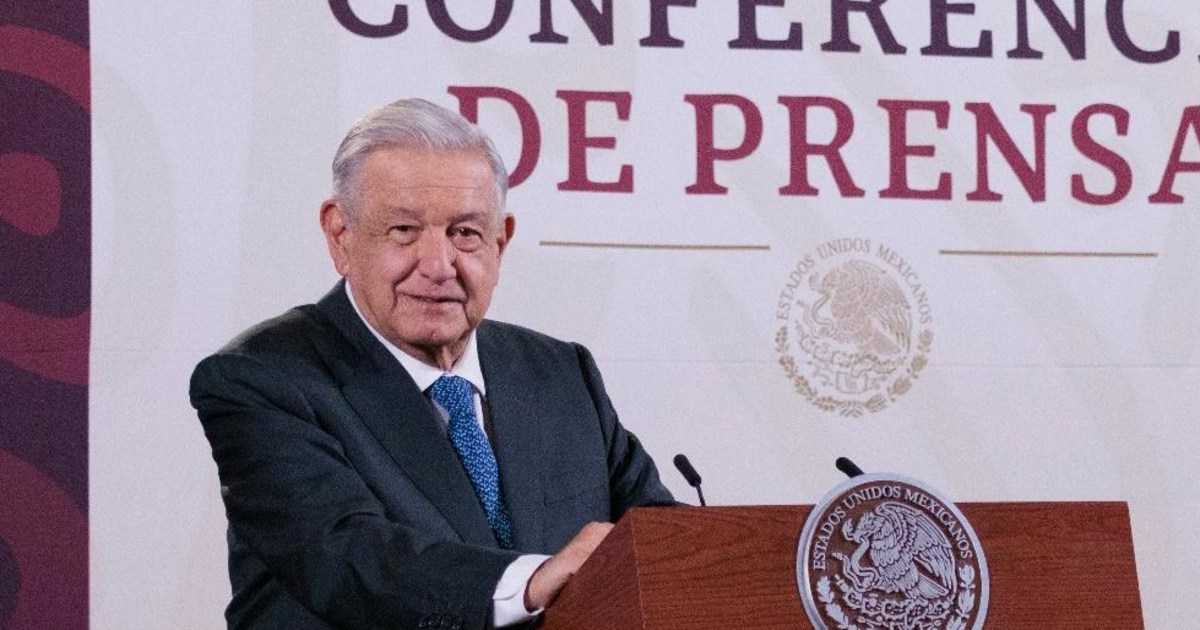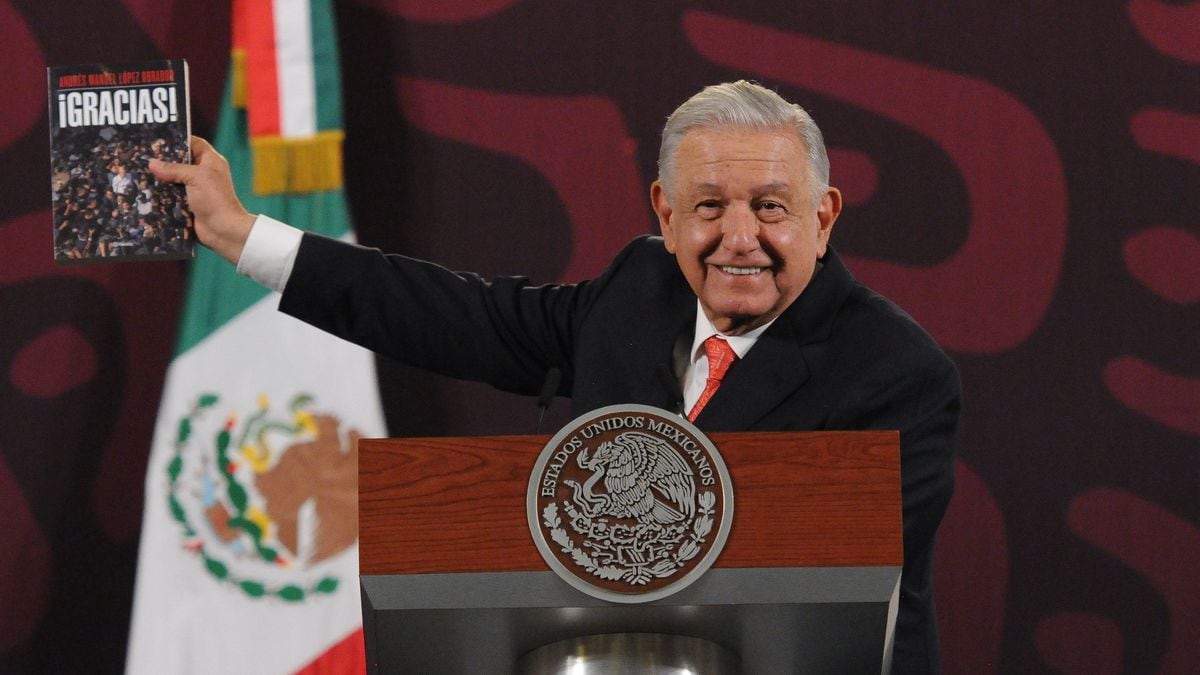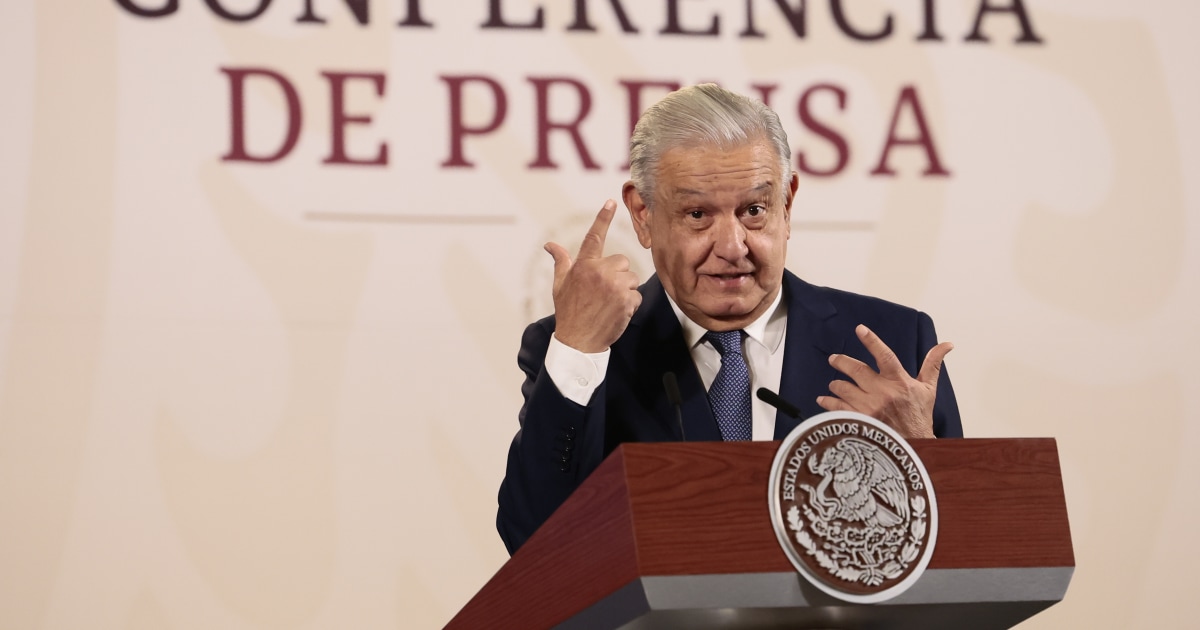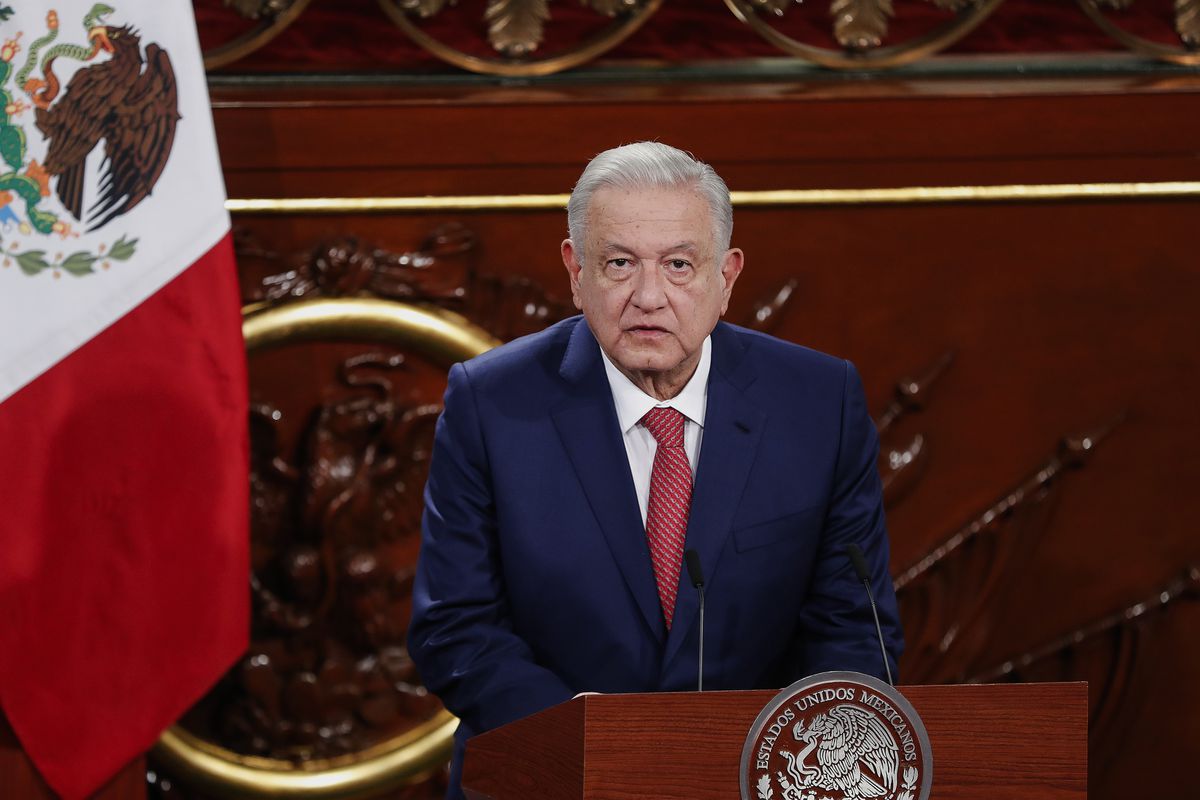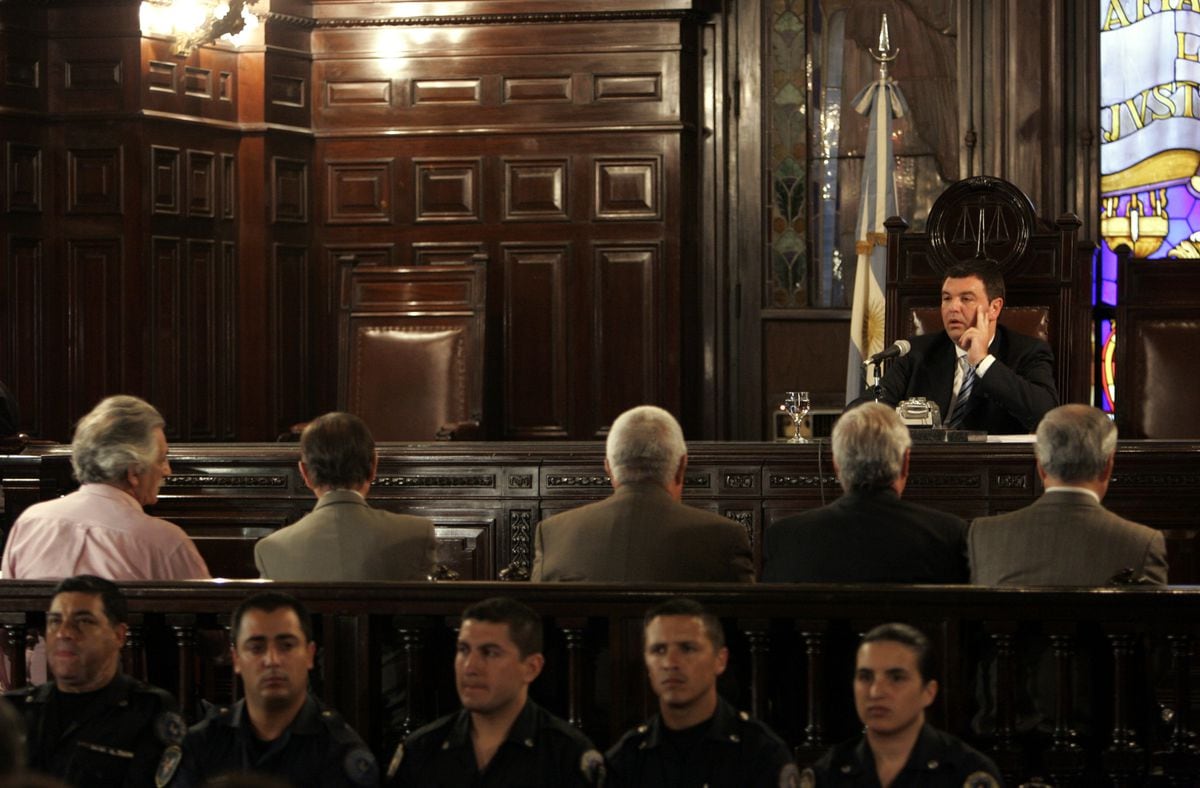The president of the Supreme Court, Arturo Zaldívar, together with López Obrador, in December 2021. GUSTAVO GRAF MALDONADO (Reuters)
The Supreme Court of Justice of Mexico has validated this Thursday that the Electricity Industry Law favors the Federal Electricity Commission (CFE), over private plants and renewable energies.
Although a majority of ministers have expressed themselves against it, the qualified majority necessary to determine that the change in the dispatch order violates the principle of free competition has not been reached, as requested by the action of unconstitutionality presented by opposition senators.
Ministers Arturo Zaldívar, Alfredo Gutiérrez, Loretta Ruiz, Yasmin Esquivel -the latter nominated by the current Government- have rejected the request for invalidity.
The discussion continues on other aspects of the law, but the result of this first vote allows a glimpse of a victory for President Andrés Manuel López Obrador,
The key point of discussion in the Supreme Court has been the change in the order in which power plants upload electricity to the grid.
The LIE that Congress approved in March 2021, according to the Government's proposal, prioritizes "electricity coverage contracts with a commitment to physical delivery" over clean energy.
In addition, these first ones can only be signed by electricity suppliers and, at present, only CFE operates in that sector.
On the other hand, priority is also given in access to the transmission network to CFE plants and private plants with contracts with the supplier.
Opposition senators argued in their unconstitutionality action that this preference went against the free competition established in the Constitution.
However, in her sentence project, Minister Loretta Ortiz rejected that argument.
Ortiz maintains that the changes to the LIE do not hinder free competition because the modifications establish that both public and private plants that have a specific type of contract will have priority over the rest, mainly renewable plants.
In any case, says Ortiz in her draft, the Constitution recognizes the exclusive jurisdiction of the State over “planning and control” of the electrical system.
The strengthening of the CFE is part, adds Ortiz, "of the state powers to strengthen national sovereignty, economic growth."
This reading of the changes to the law has been widely criticized by ministers.
In some articles, up to seven judges have stated that they perceived "barriers" to economic competition to favor the CFE.
“A privilege is being imposed that perhaps tends to strengthen the CFE (...).
It does so by leaving clean energy in permanent second place”, declared Margarita Ríos Farjat.
However, the critical positions with the new dispatch order have not reached the qualified majority.
Four of the 11 ministers have rejected the arguments of the unconstitutionality action.
Among them is the president of the highest court, Arturo Zaldívar, who has pointed out that the Constitution "does not speak of the order of dispatch."
For this reason, the judge has argued that the legislator has a greater margin of action to determine the order of priority.
The changes, according to him, "do not imply excluding clean energy generators."
These will be able to continue operating, he has said, although they will have to abide by this new scheme.
The Government has pressured the ministers directly.
Both the president and the Secretary of the Interior, Adán Augusto López, have spoken with the members of the highest court about the resolution of this matter.
In addition, López Obrador has launched invectives against the Supreme Court, challenging the ministers to show if they are "lawyers of public interest or business."
"Don't tell me that the law is the law," he even said this week.
The changes to the LIE were the second major attempt by López Obrador to disrupt the liberalization of electricity generation promoted by former President Enrique Peña Nieto with his constitutional reform of 2013. Before, the Government had approved an administrative agreement, which was paralyzed after the companies argued in court that it contradicted the law of the sector and the Constitution.
The Government then decided to change the law to try to impose its energy vision.
Shortly after the new LIE was approved, the opposition in the Senate announced that it would present an action of unconstitutionality.
subscribe here
to the
newsletter
of EL PAÍS México and receive all the informative keys of the current affairs of this country

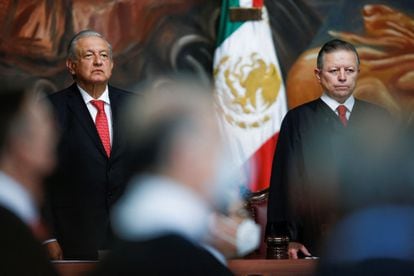
/cloudfront-eu-central-1.images.arcpublishing.com/prisa/CB3RIK4MA5DK3F52PJWAQWNDAU.jpg)
/cloudfront-eu-central-1.images.arcpublishing.com/prisa/SUXSGP2YZBHQLNK4QN5DDKB32U.jpg)
